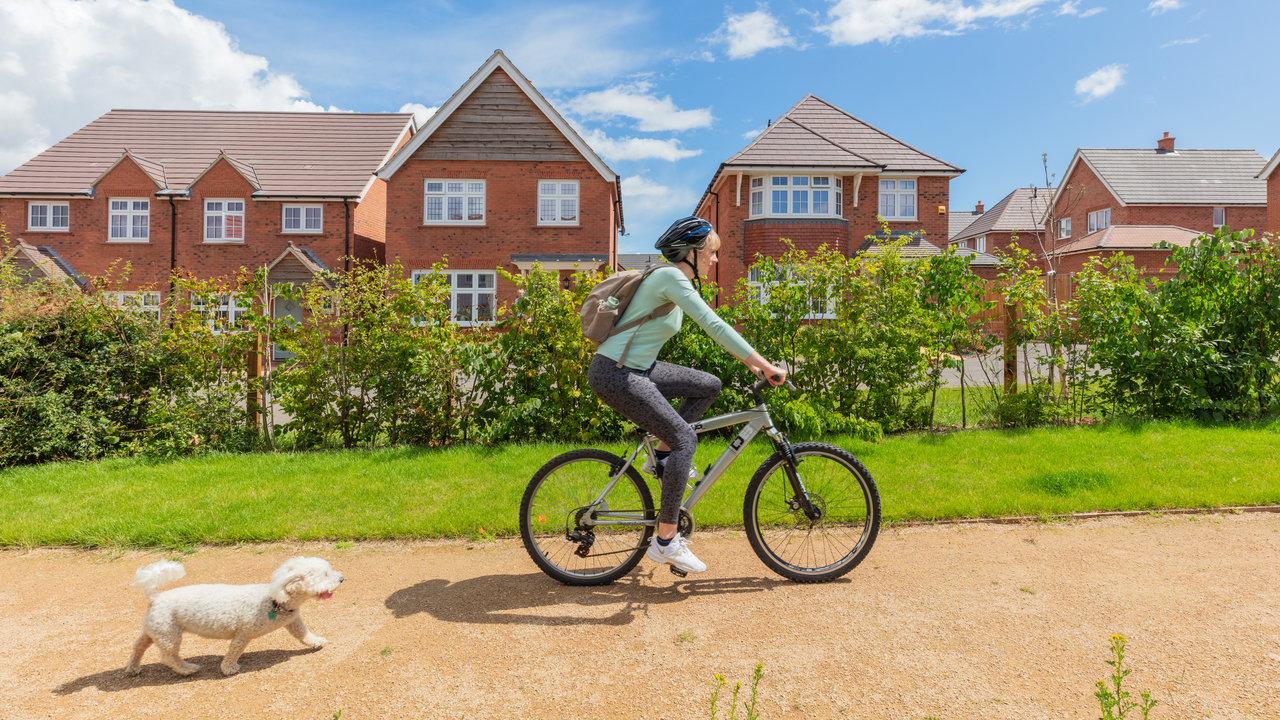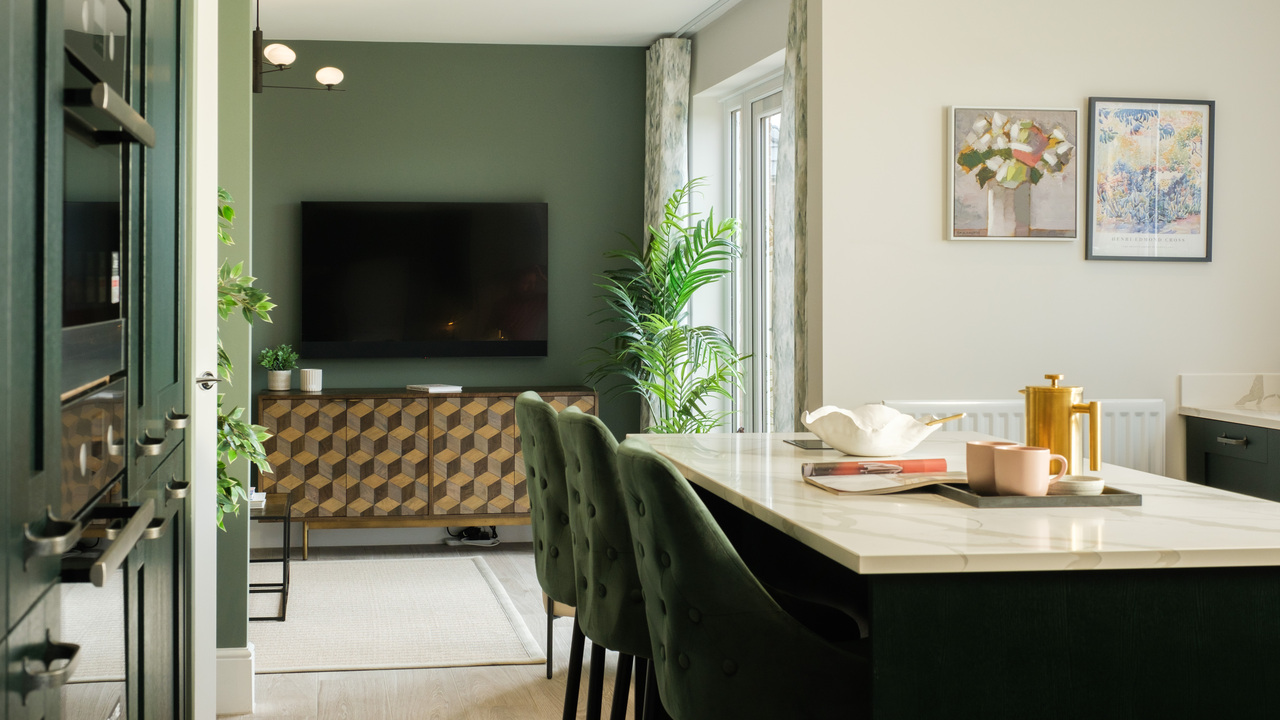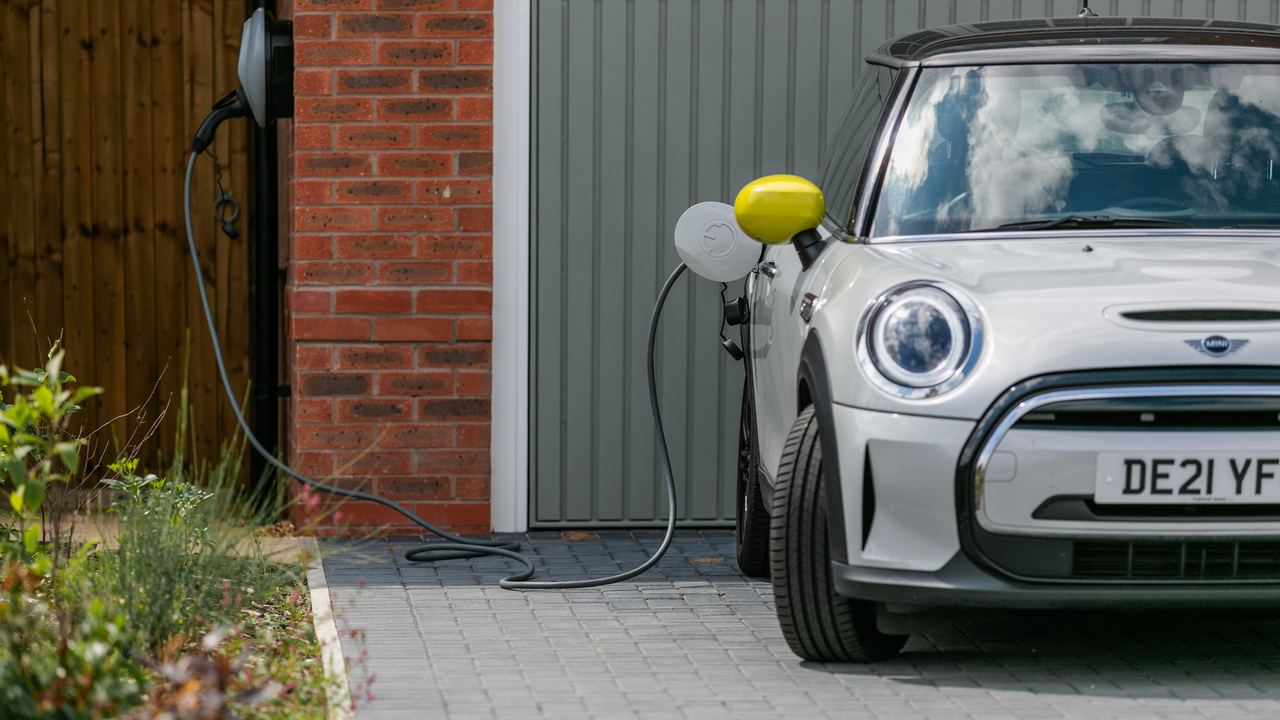World Environment Day is celebrated on 5th June every year and is the United Nations' principal day for encouraging awareness and action for the protection of the environment.
Here are some of the small actions and ways we can help climate change - how many will you try?
1. Reduce car travel
Diesel cars contribute significantly to carbon dioxide emissions and electric vehicles are a more environmentally friendly option. Of course, it is not always possible to live without a car, but you could walk or cycle for shorter trips.

All Redrow developments are built around green spaces and with easy walkways and cycle routes - it’s part of our commitment to creating better places to live.
2. Energy-efficient interior design
Soft furnishings are a great way to keep your house warm in the colder months. Thick and cosy curtains help keep the heat inside and the cold outside in the winter months. Furthermore, stylish carpets and rugs are excellent retainers of heat that can prevent you from turning on the heat as often as you normally would.
Opt for sustainable, quality furniture. Why not invest in natural materials such as wood, wool, marble and stone that are better for the environment and will last you longer? These pieces can be upcycled later if you like. Sustainable materials don’t have to be expensive either. If you are looking into cheaper options, try bamboo, cork and reclaimed wood.

3. Fly less
We need to try to reduce the number of flights we take because planes run on fossil fuels and the UN estimates that global aviation accounts for 2.4% of total CO2 emissions annually. Whilst some progress has been made in renewable jet fuel, large scale uptake is not commercially viable at the moment.
4. Switch electricity provider
You can switch to a renewable energy provider to help reduce your domestic climate footprint. Did you know that commercial and residential buildings – as a result of electricity, heating and cooling - contribute around 12% of global greenhouse gas emissions annually?
Once you have switched providers, the next step is reducing the amount of energy you use (e.g. plugging out appliances when not in use). New homes are more efficient, so Redrow homeowners are already saving on bills and doing their bit for the planet.

5. Upcycling
The rise of fast fashion has contributed to climate change in a number of ways, such as emissions pumped into the atmosphere during manufacturing and shipping. Emissions from textile manufacturing alone are projected to rise by 60% by 2030, so it is important we alter fashion consumption habits. Focus on buying fewer clothes and making them last longer, as well as choosing manufacturers who engage in sustainable practices.
Upcycling is all about reusing items and giving them new life. It might be repurposing an old top as pyjamas or reusing an old kitchen pot as a planter!
To learn more about efficient new homes, find your nearest Redrow development and speak to our team.



